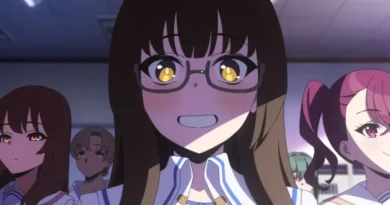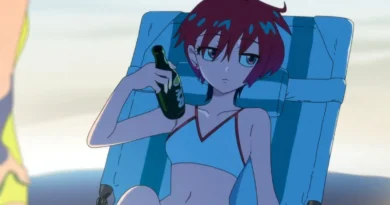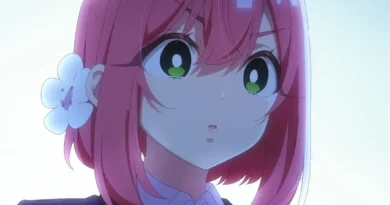16 Works That Influenced the Author of Mushoku Tensei

Fans have dug up a series of tweets made by the author of Mushoku Tensei back in 2016, in which he took part in a popular hashtag where authors, illustrators, and other creatives shared the works that inspired them when creating their own stories or art.
The Mushoku Tensei author listed 16 series that influenced him, and the best part is that he explained which elements each of them taught him.
16 Works That Influenced the Author of Mushoku Tensei
1. Zero no Tsukaima

A work that taught me the importance of making the story progress at least a little with every volume (or chapter). I have fond memories of my student days, telling friends, “Zero no Tsukaima actually moves the plot forward!” but not many understood me.
2. Bakemonogatari

A work that showed me how having something interesting in every single line makes you eager to read the next. If you can write something engaging in every line, you’ll probably become a legend. Whether that’s possible or not is another story.
3. Neko no Chikyuugi
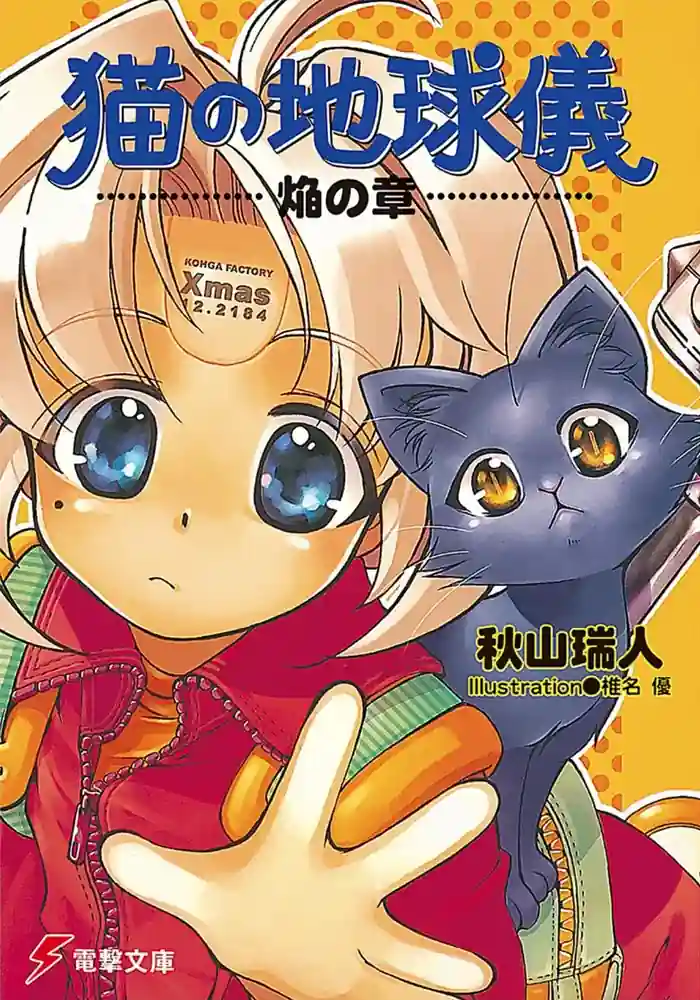
This work showed me that it’s possible to create fast-paced battle scenes even in a novel format. I’ve always struggled with writing fight scenes, even now, but the ones in this work are an exception. I keep rereading it, trying to emulate the style.
4. Pulp Fiction
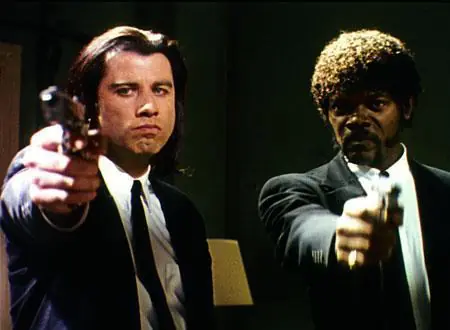
A work that taught me it’s okay to kill off the protagonist. Once you shatter the “this guy definitely won’t die” safety net, the audience is left shocked and tense — and that tension makes the scenes that follow stand out even more.
5. Anpanman
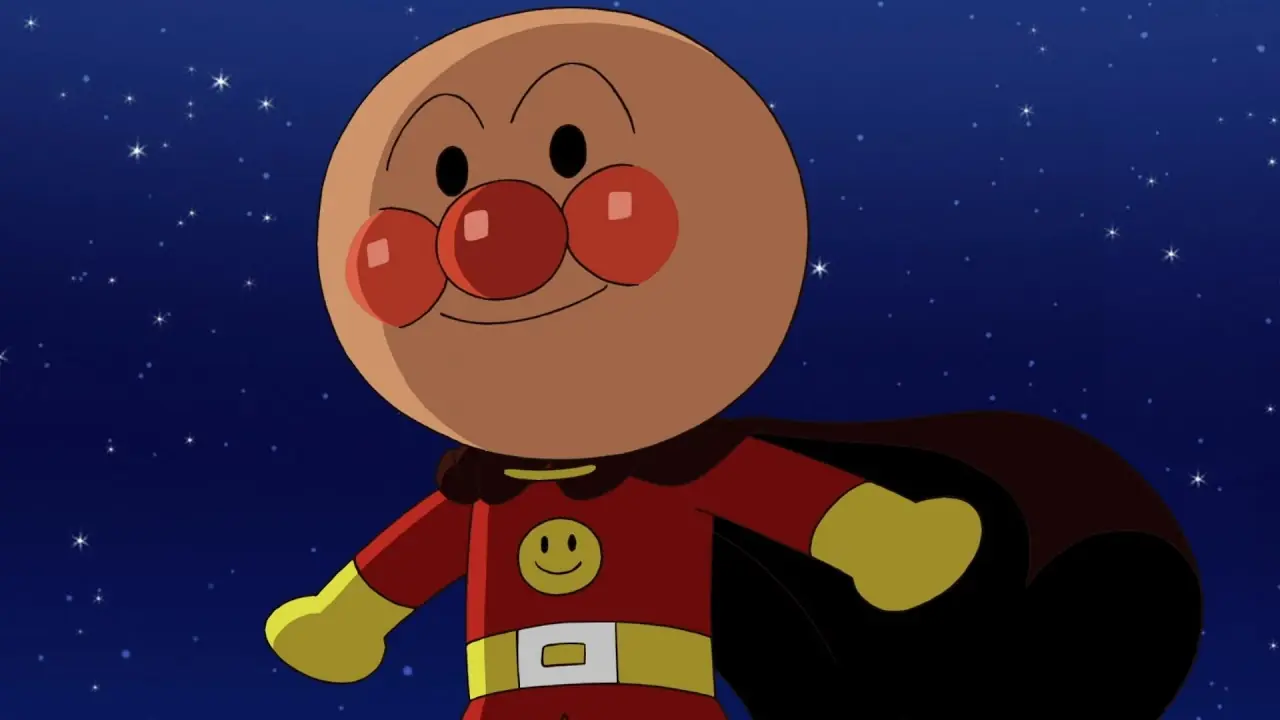
A work that taught me how wonderful it is to create something that anyone — regardless of age or gender — can enjoy. When you read a lot of books, it’s easy to forget this, but for people who don’t read much, certain styles are just “hard to read.” I want to aim for a writing style that even beginners can enjoy.
6. Accel World
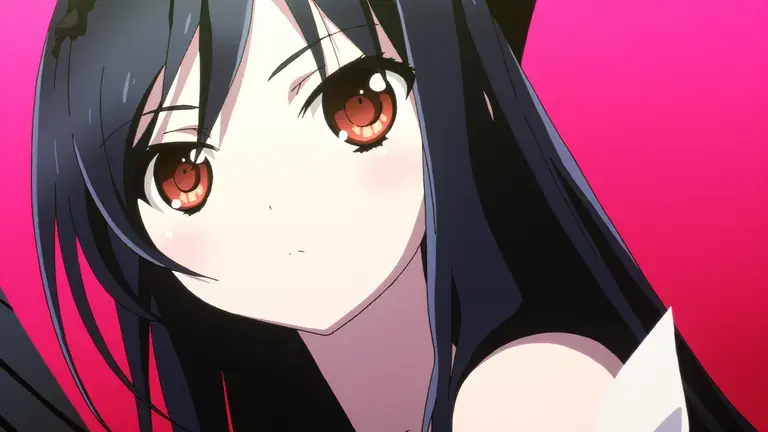
A work that showed me it’s perfectly fine for the story to follow a standard formula. Especially when the world-building is complex, it’s better to have a straightforward plot than to try and confuse the reader with too much complexity.
7. Hoshi no Samidare
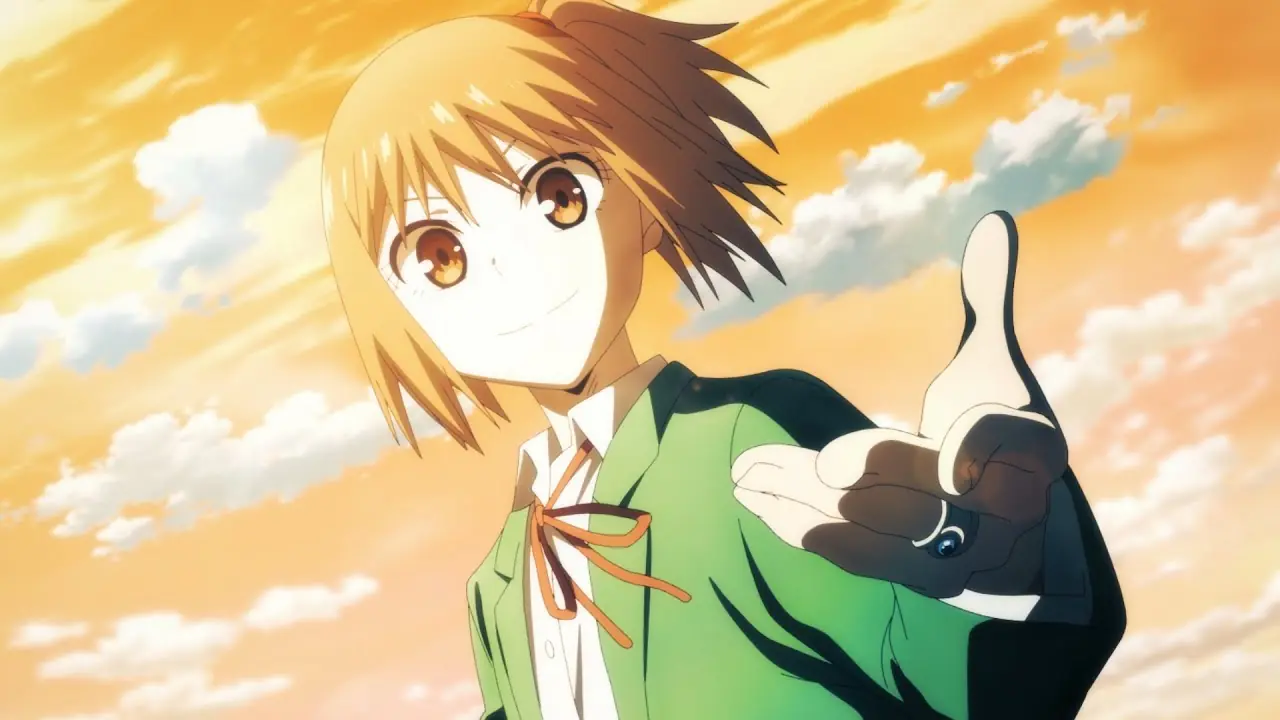
A work that taught me that growing up means changing. When things change, your actions change, and those actions open new paths. Even if that path leads to something bad, it’s still growth.
8. One Punch Man
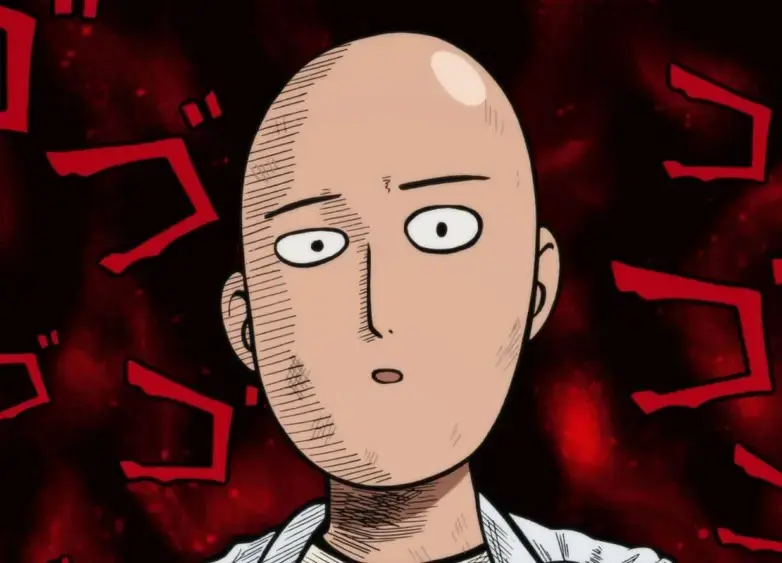
A work that taught me that when your protagonist is the strongest, the story needs to focus on something other than “who’s the strongest?”
9. Baki (specifically Sikorsky)
This work taught me that even if a phrase makes no sense, if you declare it confidently using “〜de aru!” (an emphatic way of stating something in Japanese), it gains a weird kind of credibility — and somehow becomes funny.
10. Melty Blood and other fighting games
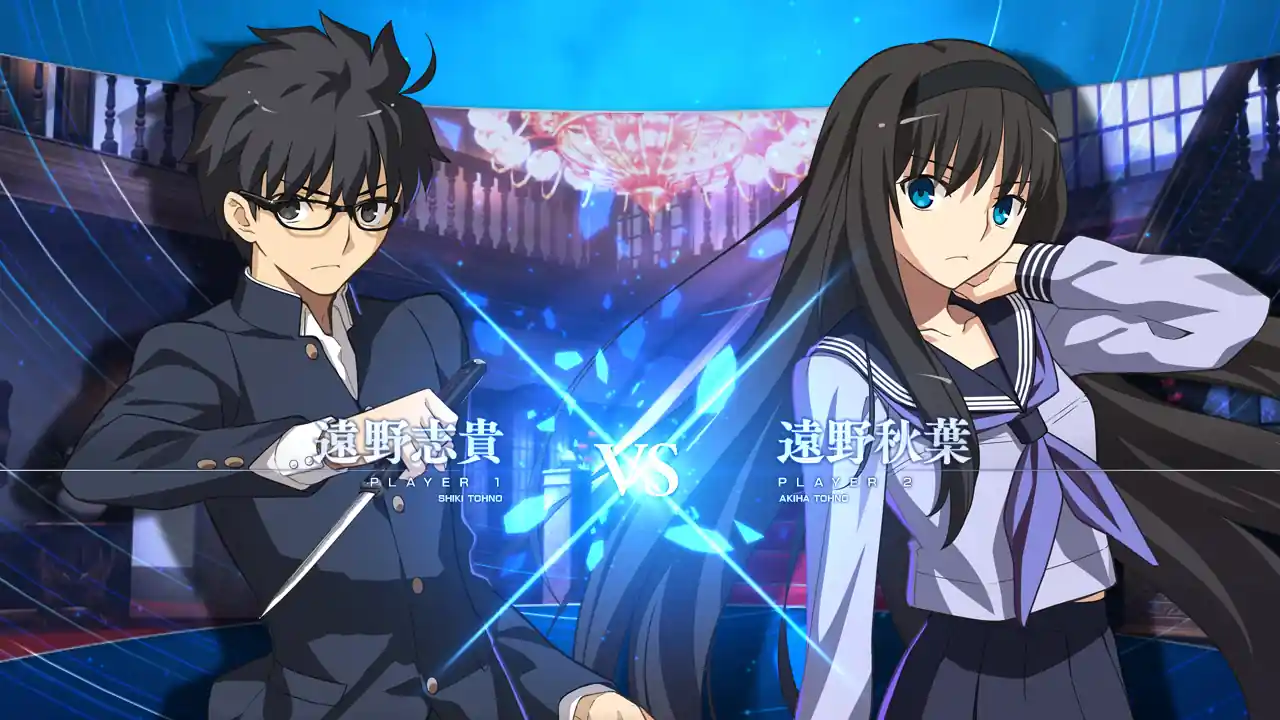
These taught me the meaning of effort. In PvP battles, shortcuts and tricks might exist, but they alone won’t make you the strongest.
11. Isekai Meikyuu de Dorei Harem wo
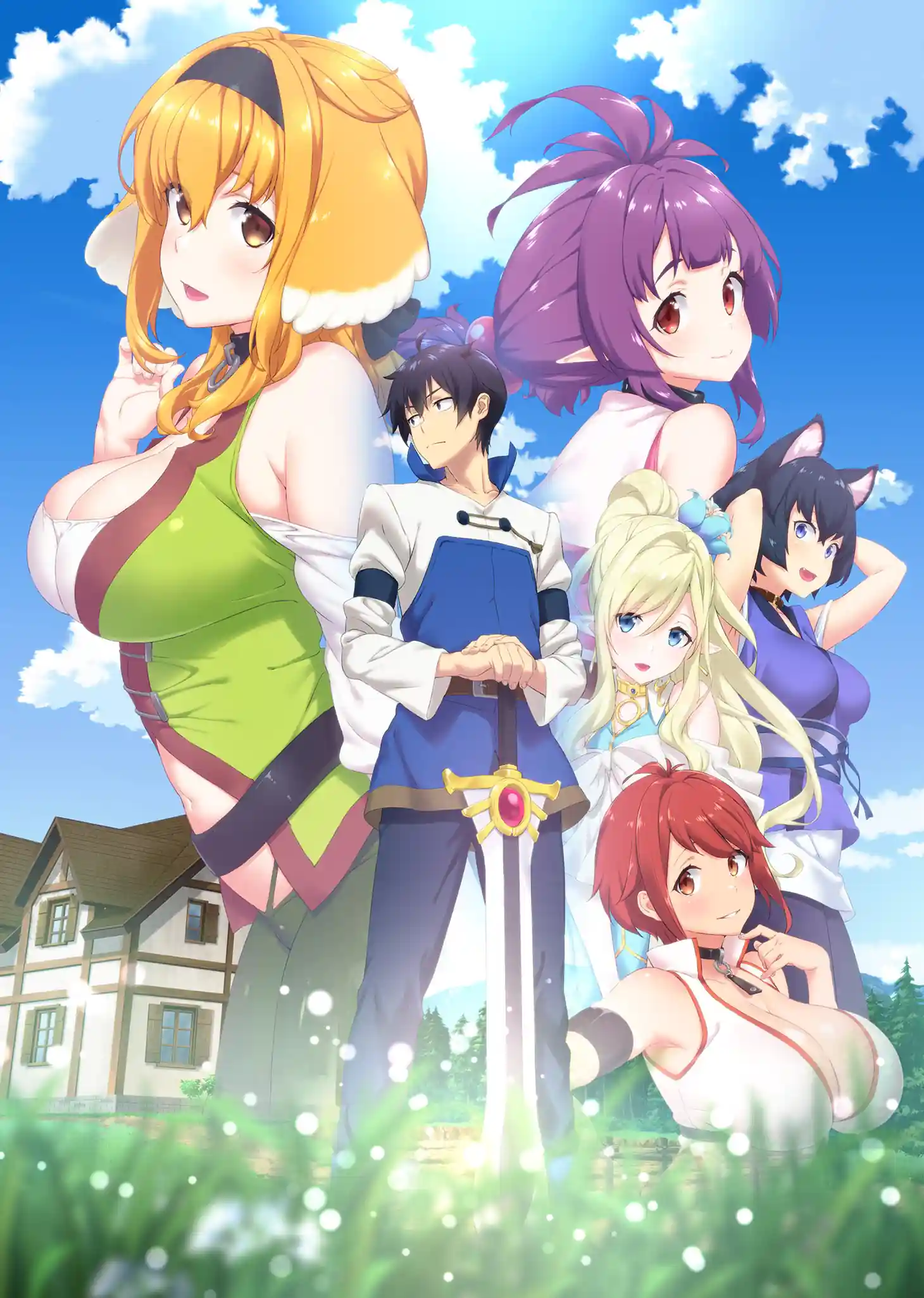
A true model for how to write web novels designed for browser reading — the horizontal text standard and all. Or rather, the model.
12. Momoero Noumu Chuuihou

A work that taught me that even if the heroine is cliché, if the protagonist is completely insane, a bizarre chemical reaction happens and the story becomes fun. Making the protagonist bland is a waste.
13. Soukou Akki Muramasa
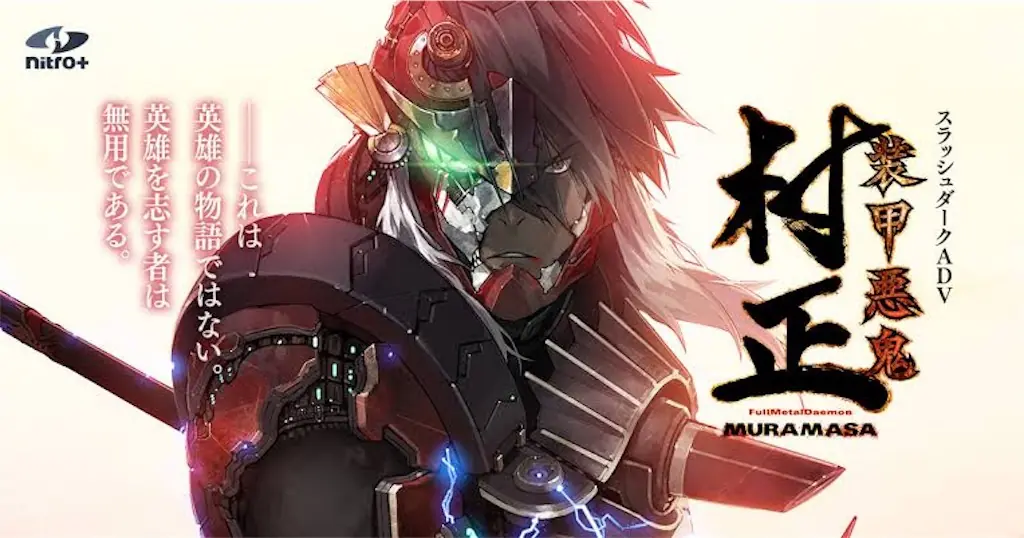
A work that taught me that not all battle scenes need to be fast-paced and action-packed. Slow, tense, mind-game battles where everything hinges on a single move, or deep internal conflicts — those shine especially well in written format.
14. The Rance Series
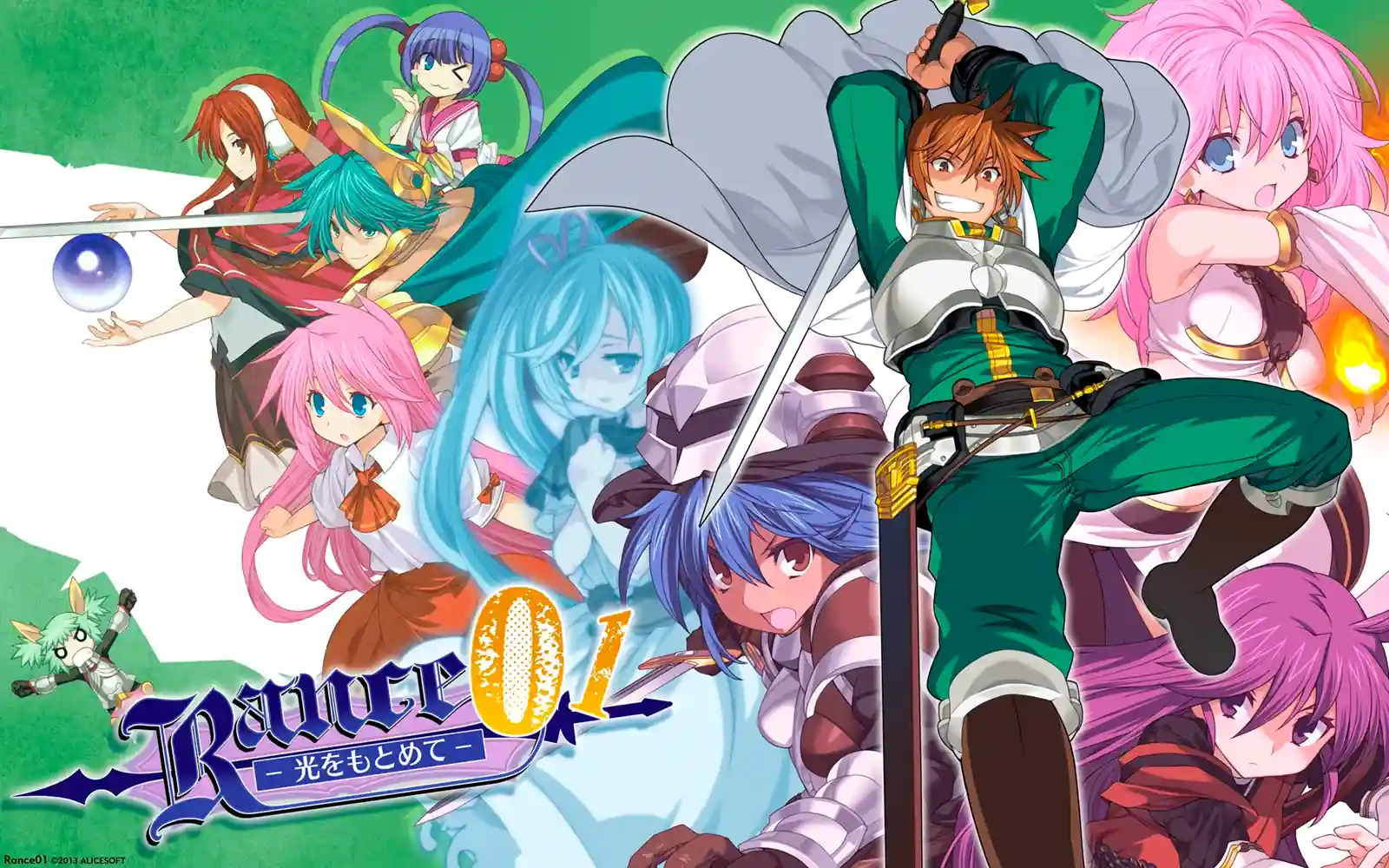
A series with a ridiculously bizarre world. Characters that seem like jokes end up playing central roles, and the protagonist does things that are completely unacceptable by normal standards — and that’s exactly what makes it so fun.
15. The Muv-Luv Series
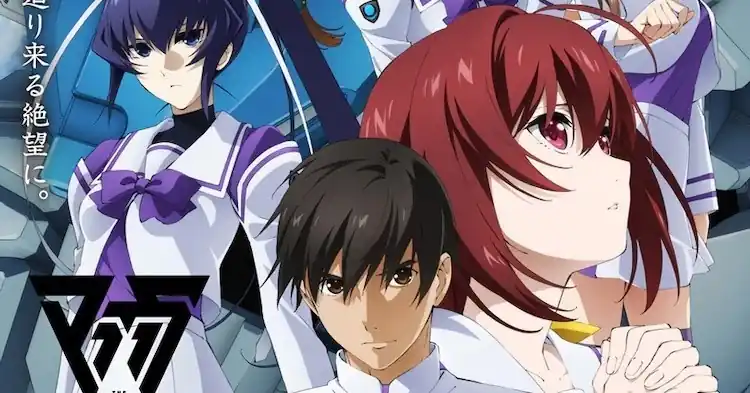
A work that taught me that if you want to create true despair or impact, it’s best to portray the everyday life for a good while first. The happier you paint that everyday life, the greater the impact when it’s all lost.
16. Kodoku no Gourmet
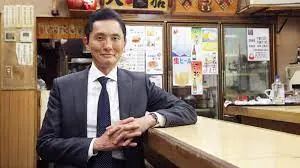
A work that made me realize that slightly weird phrases are more memorable. Totally unrelated, but I think the opposite of “my stomach is completely empty” is “my gut’s about to explode!”
Obviously, the author didn’t list all of the works that influenced him in that Twitter thread — he got tired and stopped partway through — but I remember him mentioning that Re:Zero was one of the many sources of inspiration for Mushoku Tensei, among many other works
via Você Sabia Anime

